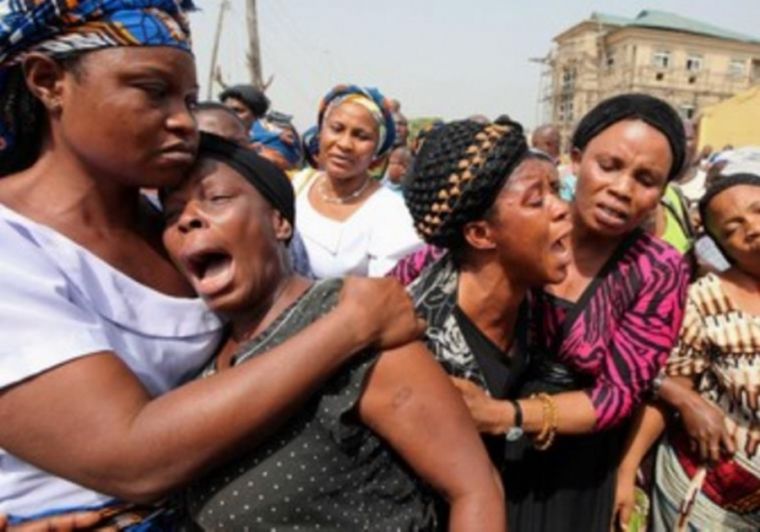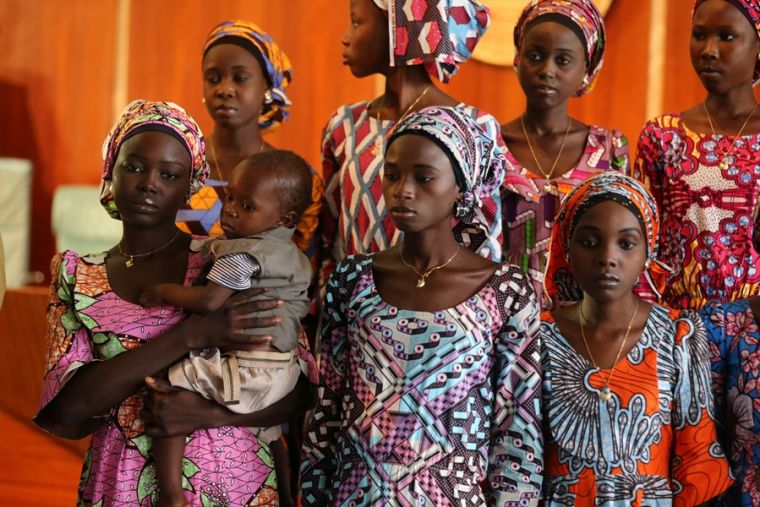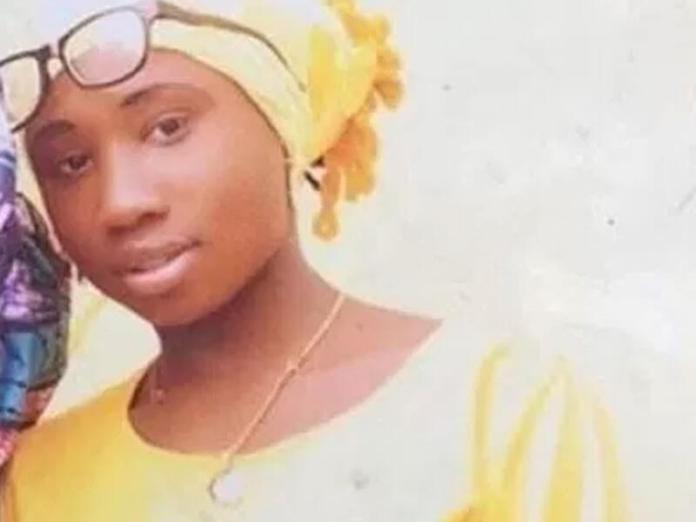After 10 years of Boko Haram violence, an end to the bloodshed remains elusive

Boko Haram have rained down terror on northern Nigeria for ten years. Despite Nigerian officials repeatedly claiming victory over Boko Haram, the group has fractured and split and has taken their violence into Cameroon, Niger and Chad too. According to the BBC, the conflict has been responsible for over 30,000 deaths with millions more displaced from their homes.
Boko Haram, (which means western education is forbidden) was started by a charismatic preacher named Muhammed Yusuf in 2009 who was against the west and disillusioned by the corruption of the Nigerian government and their lack of Islamic values.
The start of the devastating insurgency is regarded have been on 26 July 2009 when Yusuf's followers clashed with security forces at the central mosque of Maiduguri, the capital of Borno state, Nigeria. The violence left between 700 and 800 dead, most were Boko Haram members. The leader Muhammed Yusuf was among them.
The bloodshed that day was a mere shadow of what was to come. Yusuf was regarded a martyr and many disillusioned and indoctrinated youths flocked to join Boko Haram under the new leadership of Abubakar Shekau.

In 2014 the insurgency was at its strongest as fighters took large swathes of the northeast of Nigeria. They became notorious around the world when they kidnapped 276 mostly Christian girls from their school in Chibok in 2014.
Many celebrities including Michelle Obama and Cara Delevingne joined a social media campaign to urge leaders to do more to rescue the missing girls with the hashtag #BringBackOurGirls. Today over 100 girls are still missing. Many are thought to be in the notorious Sambisa forest in northern Nigeria's Borno state.
Likewise, Leah Sharibu and 104 others were abducted from Dapchi Secondary School in 2018. One student died and 103 of the girls were released about a month later. Leah, the only Christian among them, still remains in captivity because she refused to give up her faith.
Nigerian forces successfully took back control of Gwoza, Boko Haram's self-proclaimed capital, in 2015, forcing the group into the Sambisa forest and Lake Chad. However, Boko Haram was not defeated. The group employed new tactics and began violent attacks in neighbouring Chad, Niger and Cameroon. Today Around 50% of all Boko Haram attacks occur outside of Nigeria.

Information from northern Nigeria is intermittent, but it is clear Boko Haram is not the group it once was; it has fractured and split. In March 2015, Boko Haram's new leader, Abubakar Shekau pledged allegiance to so-called Islamic State (IS) in the hopes of strengthening Boko Haram's position. He is reported to be the son of Boko Haram's founder Mohammed Yusuf but in a recent twist Shekau was reportedly ousted by hardliner Abu Abdullah Ibn Umar al-Barnawi.
Islamic State West Africa Province (ISWAP) a splinter group of Boko Haram, is IS's largest presence outside the Middle East, and is estimated to have more than 3,000 fighters. With the defeat of IS in the Middle East, ISWAP are reportedly trying to establish a caliphate in West Africa.
Nigerian officials have repeatedly claimed victory over Boko Haram, yet the insecurity continues. Due to Boko Haram, nearly 10 million people across the Lake Chad Basin are in need humanitarian assistance. Hunger and malnutrition remain high according to the UN Office for the Coordination of Humanitarian Affairs (OCHA).
Open Doors is supporting those affected by Boko Haram and other factions through emergency aid such as like food, medicine, shelter, as well as trauma care and persecution preparedness training
Nigeria is number 12 on the Open Doors World Watch List, the annual ranking of the top 50 countries where it is most difficult to be a Christian.
Cameroon, Niger and Chad all have high levels of persecution and sit just outside the World Watch List top 50 at number 56, 58 and 60 respectively.











